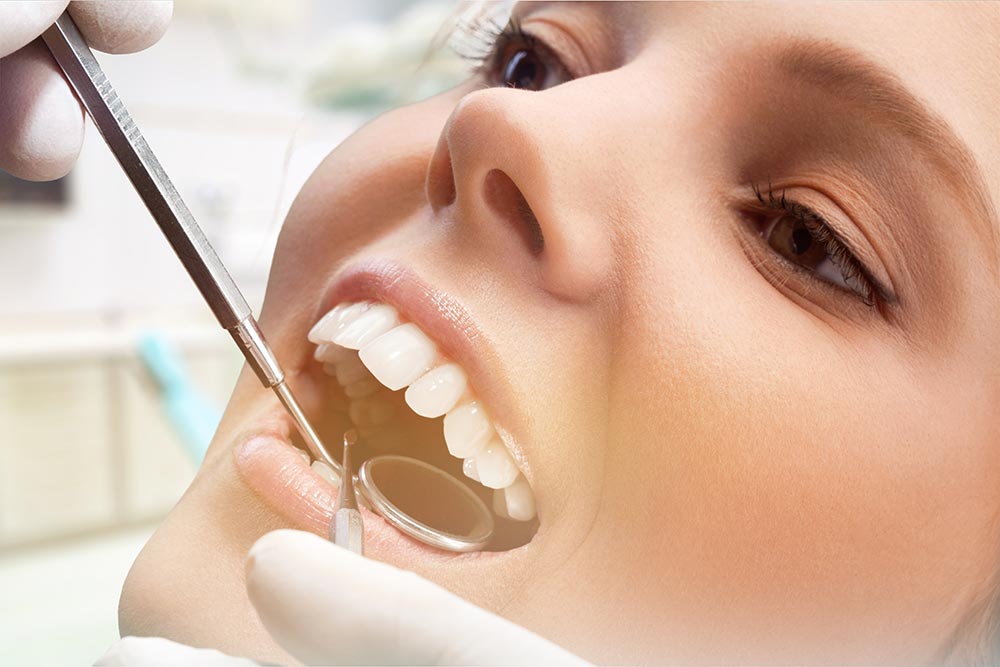In dentistry, tooth extraction is the surgical removal of a tooth from its socket. This is done by the dentist using sterile dental equipment. The term “tooth extraction” is often used to describe a difficult situation.
Tooth extraction is important to avoid more serious complications. You can navigate uniondentalcenter.co/services/general-dentistry/ for the best tooth extraction service in Los Angeles.

Image Source: Google
There are several things you need to know before undergoing dental treatment such as tooth extraction. It may seem like a scary experience, but there are lots of ways to make it fun.
1. The condition of your teeth should be carefully assessed by your dentist. It is important to visit your dentist regularly to see if there are any problems.
2. If you regularly take blood-thinning medications such as aspirin, it is important to discuss this with your dentist. You should not take this medicine for several days to prevent bleeding problems before and after the procedure.
3. A good night's sleep is recommended the night before tooth extraction. You must be physically prepared for your scheduled tooth extraction.
4. Alcoholic drinks should be limited before and after dental surgery. Alcohol affects the absorption of anesthetics. You should stop drinking alcohol for a few days if you don't want to be in pain during the procedure.
5. Sometimes local anesthesia is not enough. Your dentist will use general anesthesia or light sedation so that you will not tolerate any pain during the procedure. It is important to have someone drive for you.
6. You should wear loose and comfortable clothing. Your health is critical to the success of treatment.
7. After the tooth is extracted, bite the gauze bag firmly over the surgical site for at least 30 minutes to avoid bleeding.
8. Never spit or use a straw as this will cause further bleeding.
9. As soon as the anesthetic wears off, you can start taking the prescribed painkillers.
10. Go back to your dentist's appointment so they can assess your condition.
